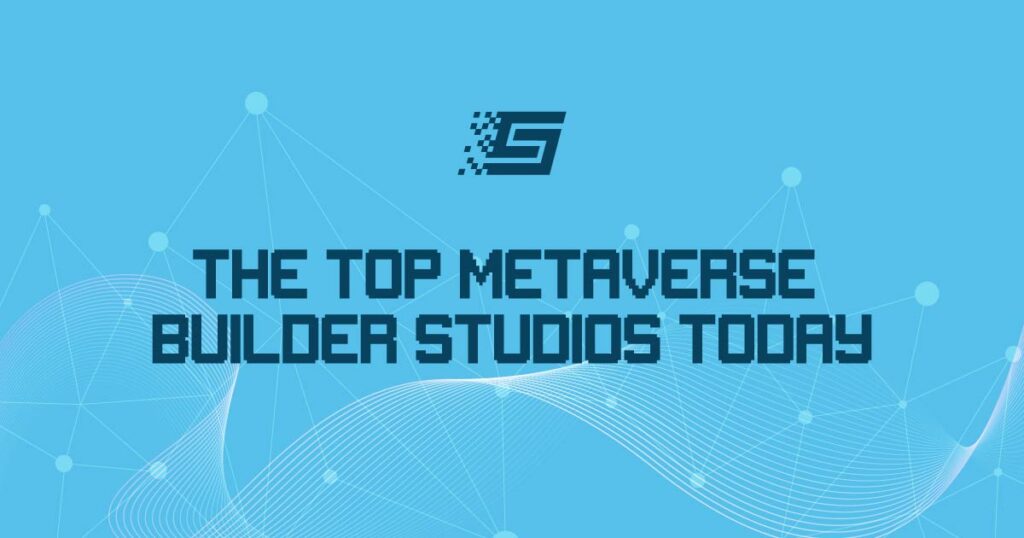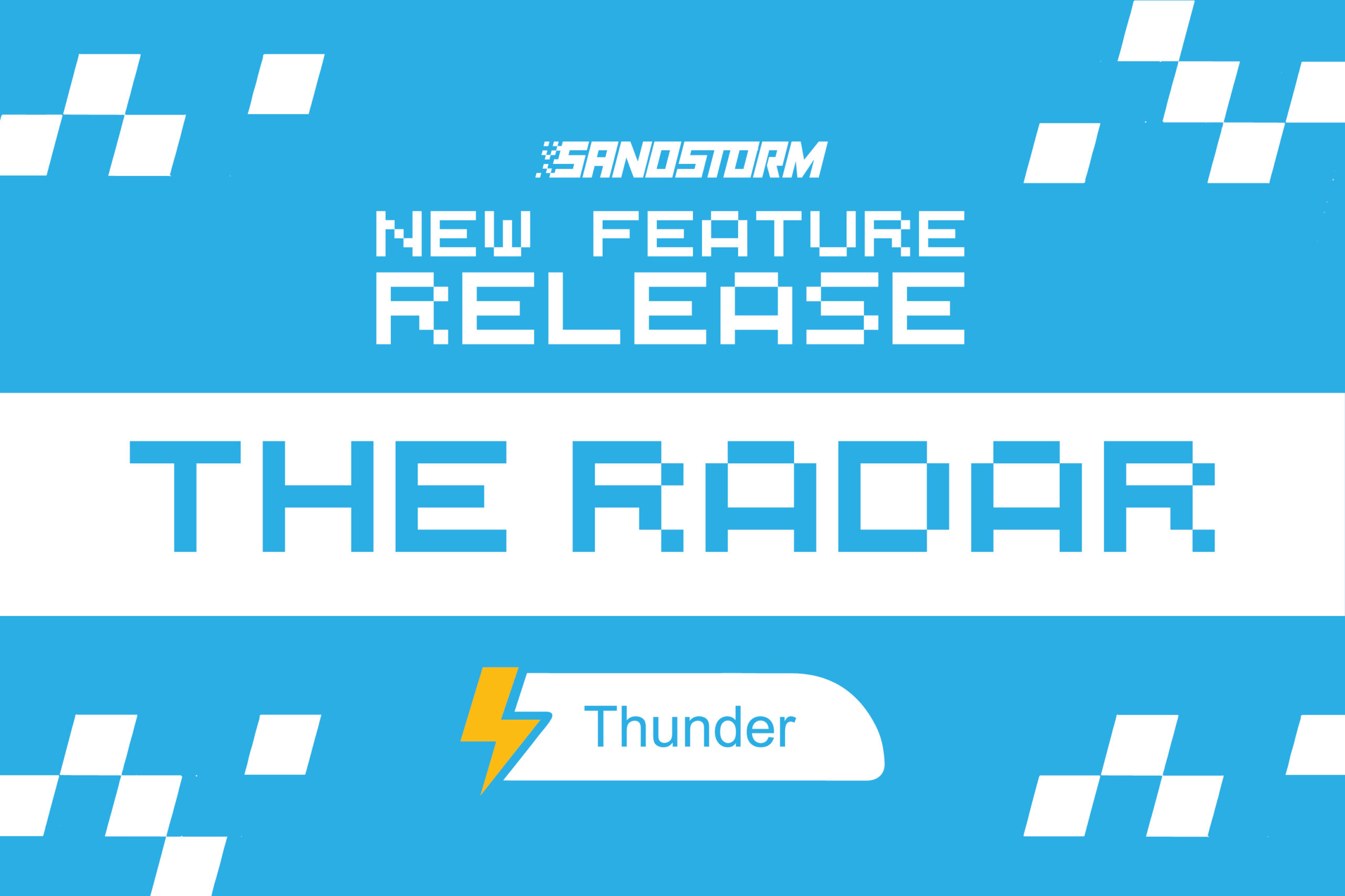What are Metaverse Exchange Traded Funds (ETFs)
An exchange-traded fund (ETF) is an investment type that allows you to trade an index of assets. Investors can purchase exchange-traded funds through brokerage firms and the stock exchange.
An ETF will track a bundle of shares, bonds or commodities under a single asset. Hence, ETFs can be less volatile in comparison to stock transactions. Moreover, buying exchange-traded funds requires lower fees than buying individual shares.
There are different types of ETFs across multiple markets in the world. The categories of ETFs include:
- Bond ETFs
- Commodity ETFs
- Passive and Active Exchange Traded Funds
- International ETFs
- Currency ETFs
- Industry ETFs
- Leveraged ETFs
- Real Estate Investment Trust (REIT) ETFs
Metaverse ETFs are industry funds that allow you to buy a group of Metaverse stocks at once. Metaverse ETFs aim to make high-value investments in outstanding companies across the metaverse industry.
The Metaverse is an emerging sector in which multiple software and IT giants have shown interest. Accordingly, the industry will require sustainable investment to thrive.
Most ETFs are passive investments that focus on profiting from massive long-term gains. Fund managers carefully select the most promising companies in a sector and take a big bet on their future growth. So, it is right to conclude that exchange-traded funds are the best kind of investment metaverse companies need.
Metaverse ETFs available in 2022
Multiple Fund managers have set up exchange-traded funds that hold underlying stocks of metaverse companies. Investors looking to diversify their exposure in the sector can consider buying Metaverse ETFs.
The following ETFs offer an index of funds in gaming, software, information technology, and virtual reality.
Roundhill Ball Metaverse ETF
Roundhill Ball Metaverse ETF is an ETF by Roundhill Investments that provides investment results corresponding to the Ball Metaverse Index.
Meanwhile, the Ball Metaverse Index tracks the performance of public companies whose products relate to the Metaverse. The Index divides metaverse companies into six classes. The classification includes computing companies, networking firms, and virtual platforms, interchange standards, payments, contents and identity services, and hardware producers.
The Roundball Metaverse Fund is traded on New York Stock Exchange Arca with the ticker – METV. Brokers that offer the METV ETF include Robinhood exchange, Interactive Brokers, Fidelity Investments, Charles SCHWAB, etc.
As of this writing, METV’s net asset value is $7.95 at an expense ratio of 0.59%. Also, the total asset under the ETF is worth $469 million.
Evolve Metaverse Exchnage Traded Fund
The Evolve Metaverse ETF is a Canadian ETF that offers investors the opportunity to buy equities of companies actively developing metaverse products. Evolve Metaverse ETF is hedged to the Canadian Dollar so local investors can easily calculate their assets.
Evolve ETFs, a company that provides ETF services in Canada, is the issuer of Evolve Metaverse ETF. Since its launch in 2017, Evolve ETFs has over $2 billion worth of assets under its management. Raj Lala is the founder and CEO of Evolve ETFs.
As of June 14, 2022, the net asset value of Evolve Metaverse ETF (ticker – MESH) is $5.67 (CAD). Also, the total asset under the MESH ETF is worth $9.1 million (CAD). A 0.6% management fee applies to assets invested in MESH.
The actively managed Evolve Metaverse ETF contains shares of 28 companies. These companies offer Technology, Communications, Financial, Consumer, and Cyclical products relating to the Metaverse.
Fidelity Metaverse ETF
The Fidelity Metaverse ETF is a fund that provides investment returns based on the performance of the Fidelity Metaverse Index. Fidelity invests 80% of the ETF assets in equities of companies that develop and distribute products related to the Metaverse.
The Fidelity Management & Research Company, under Fidelity Investments, a wealth management company, is the creator and sponsor of Fidelity Metaverse ETF. Recently, the company launched Fidelity Stacks on Decentraland to educate avatars about opportunities their metaverse ETF presents.
The Fidelity Metaverse Exchange Traded Fund uses the asset ticker – FMET. During this write-up, the net assets under the Fidelity Metaverse ETF are worth $10.7 million. Also, the expense ratio of FMET is 0.39%.
There are equities of 60 companies in the portfolio of FMET ETF, including Meta Platforms Inc, Adobe Inc, Apple Inc, etc. Additionally, FMET tracks the equities of companies in nine countries across three continents.
Pros and Cons of Exchange Traded Funds
Less volatility
Unlike single stock trades, ETFs track a basket of assets or commodities at any time. These assets are shares of different companies in different economies and markets worldwide. Accordingly, the rapid movement in the price of one asset might not necessarily induce volatility in the ETF.
Also, passive ETFs focus on the long-term growth of companies. Passively managed metaverse funds will not leave investors dwelling on daily price action. Instead, more emphasis will be on the progress of metaverse developers.
Diversification
Stock market investors tend to keep a portfolio that is easy to track. Accordingly, they limit their investment to particular industries or countries. However, exchange-traded funds offer the opposite.
As said, the Fidelity Metaverse ETF comprises shares of about 60 companies from multiple countries. Similarly, any other metaverse ETF can expose investors to broader opportunities and markets.
Therefore, buying an ETF helps you keep a basket of assets in one place.
Ease of trading
Because all the shares are in one place, buying an exchange-traded fund is like buying an individual asset.
For instance, it will require a lot of time, effort, and fees to purchase the components of a typical ETF individually. However, you can get all of them with the click of one button.
Tax efficiency
ETF managers tend to execute fewer trades than mutual funds. As a result, losses and gains are smaller, as well as capital gains tax. Also, fund holders only pay taxes when they sell the ETF for a profit or loss.
Even when large ETF holders (or authorized participant) sell their shares, the ETF issuer can also avoid amassing tax. To do so, the issuer pays the authorized participant the underlying asset of the ETF. Accordingly, there is no sale of shares and no capital gains.
A significant disadvantage of ETFs is that issuers might limit fund holdings to shares of companies with high market cap. The problem with large-cap stocks is that they have minimal potential to grow.
However, the Metaverse is an emerging industry. Therefore, most metaverse ETFs will likely include small-cap companies that can improve their efficiency in the coming years.


